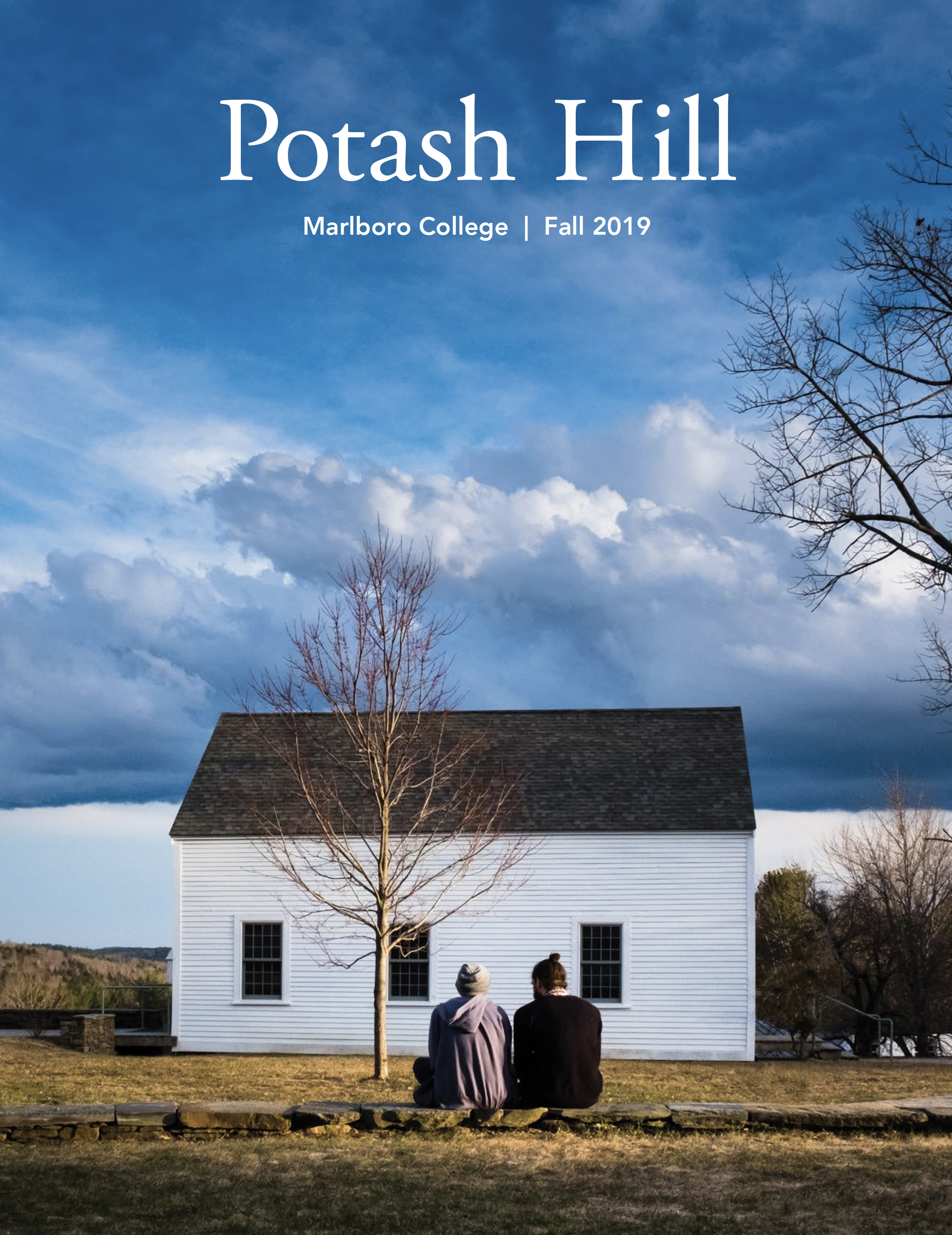 Last fall, the US Department of Education proposed new Title IX regulations that, if made into law, could require significant changes in how Marlboro addresses claims of sexual harassment, sexual assault, and similar rights violations. Despite these new recommendations, and the clamor of debate about their possible impacts, Marlboro has continued to provide a coherent and compassionate response system with many important improvements in recent years.
Last fall, the US Department of Education proposed new Title IX regulations that, if made into law, could require significant changes in how Marlboro addresses claims of sexual harassment, sexual assault, and similar rights violations. Despite these new recommendations, and the clamor of debate about their possible impacts, Marlboro has continued to provide a coherent and compassionate response system with many important improvements in recent years.
“Regardless of the shifting political landscape in Washington around Title IX, Marlboro is still operating under best practices and from a student-centered perspective,” says Patrick Connelly, dean of students. “I think that schools like us that have any kind of moral center are saying, ‘We know what is best practice even if Washington doesn’t fully agree with it.’ We’re going to stay the course as long as there is no legal requirement that we implement the recommendations.”
“Marlboro has worked hard over the years to ensure that we have dealt with Title IX cases fairly, thoroughly, and with respect to our shared community values of safety, learning, and inclusiveness,” said President Kevin in a December letter to the community responding to the new recommendations. “The community has done this work deliberately and carefully in consultation with our Title IX counsel, as well as with consultation with community members. We plan to continue this approach and to address the proposed regulations and implementation of them in this manner.”
As described two years ago in Potash Hill by Robyn Manning-Samuels ’14, then coordinator of sexual respect and wellness, the starting point for Title IX policy at Marlboro and other colleges and universities was the 2011 “Dear Colleague” letter issued by the Obama administration (“Positive Sexuality on Campus,” Fall 2017). Since then, Marlboro has made great strides in prevention and sexual wellness programs, as described by Robyn, but also in adjudicating sexual misconduct cases and providing support for all parties involved. Part of this comes with having a dedicated Title IX coordinator, Brattleboro attorney Jean Kiewel, rather than pinning the role on the dean of students.
“It’s unusual to have someone of Jean’s caliber and qualifications at a school this size,” says Patrick. “It’s a serious challenge to be the dean of students, to support and grow community, when you’re also the investigator and the adjudicator for Title IX cases. Being able to fully be the dean of students is a luxury that doesn’t exist on many small campuses. Meanwhile, I am able to support a Title IX team that meets regularly and is proactive, not just about investigations but about the educational aspects and constant, ongoing building of a safe and respectful community. That’s really unusual too.”
That team includes Megan Grove, coordinator for campus prevention, intervention, and advocacy, who ably filled Robyn’s boots as survivor advocate, but has also been expanded to include Dylan Muller, assistant director of residence life and community standards, who acts in the new role of respondent advisor. The team is completed by Jay Sparks, director of campus safety, who is a resource for students and coordinates reporting by contract security officers and on-call staff.
 “This expanded team is much more qualified to meet the needs of students and respond to concerns,” says Jean. “Not only are we totally on target for meeting the mandates for Title IX, we are doing some really great work that is over and above these mandates. These include offering informal resolution options to cases, and a recent memorandum of understanding with the Vermont State Police that can expedite investigations, if desired. Our Title IX panel has a diversity of conscientious faculty and staff who enthusiastically volunteer their time for the good of the community.”
“This expanded team is much more qualified to meet the needs of students and respond to concerns,” says Jean. “Not only are we totally on target for meeting the mandates for Title IX, we are doing some really great work that is over and above these mandates. These include offering informal resolution options to cases, and a recent memorandum of understanding with the Vermont State Police that can expedite investigations, if desired. Our Title IX panel has a diversity of conscientious faculty and staff who enthusiastically volunteer their time for the good of the community.”
“We are working toward our team and volunteers having trauma-informed training,” says Megan. “It’s important to know how people hold trauma in their bodies and understand that the way trauma manifests can vary widely. One of our main objections to the new Title IX recommendations is just how dangerous and irresponsible it is to put trauma survivors in face-to-face hearings with cross-examinations.” The Title IX team is not entirely ruling out all of the new recommendations, and have been able to distinguish those they feel are appropriate or potentially harmful. For instance, more accommodations are allowed for respondents if needed, such as academic or housing accommodations, and that is in keeping with Marlboro’s practice and approach.
But the team fears the overall effect of a number of the regulations, if enacted, could make the process more limited in scope, as well as more stressful and expensive. The team feels it could lead to less reporting of sexual harassment and sexual violence at Marlboro. They are waiting for more legal tests of the new recommendations, but in the meantime they are well-positioned and well-qualified to respond to cases on campus.
“I can confidently say that in the state of Vermont, for colleges that aren’t Middlebury or UVM, we’re doing it the best,” says Patrick. “It truly is amazing, given our resources and given the added complexity of community governance. We’re nailing it.”

